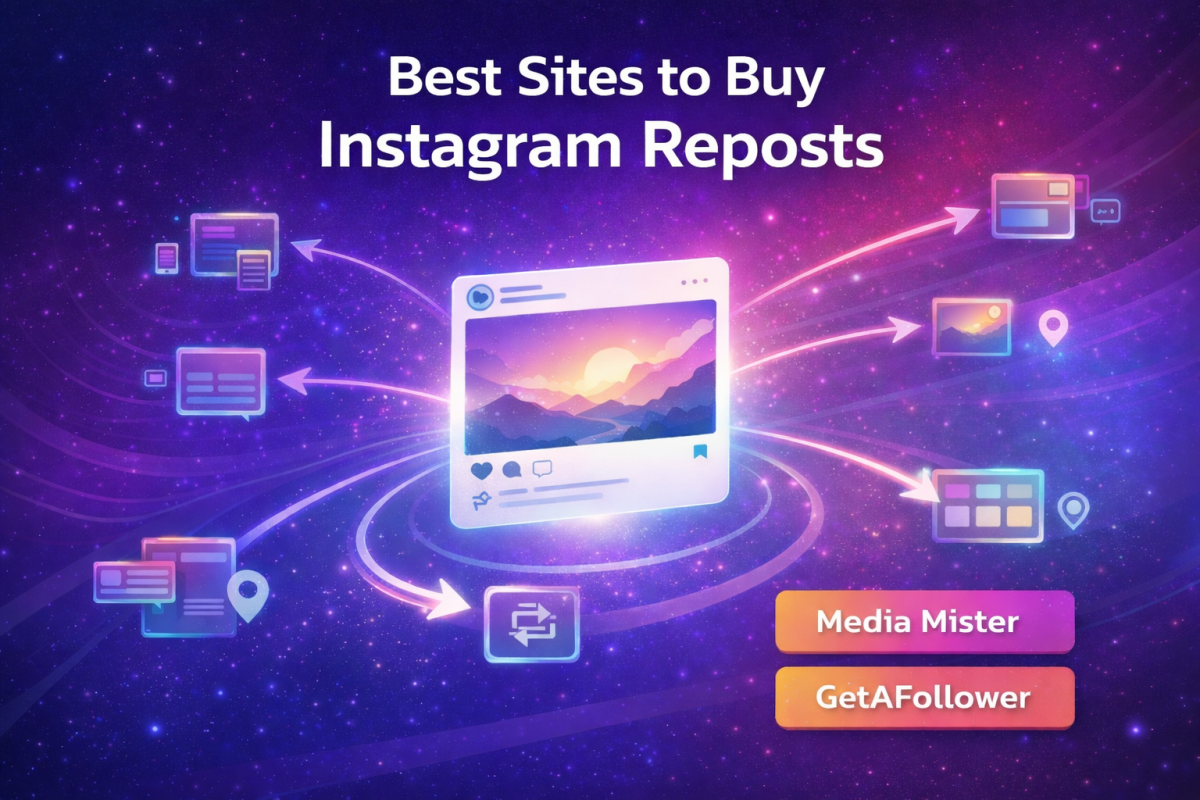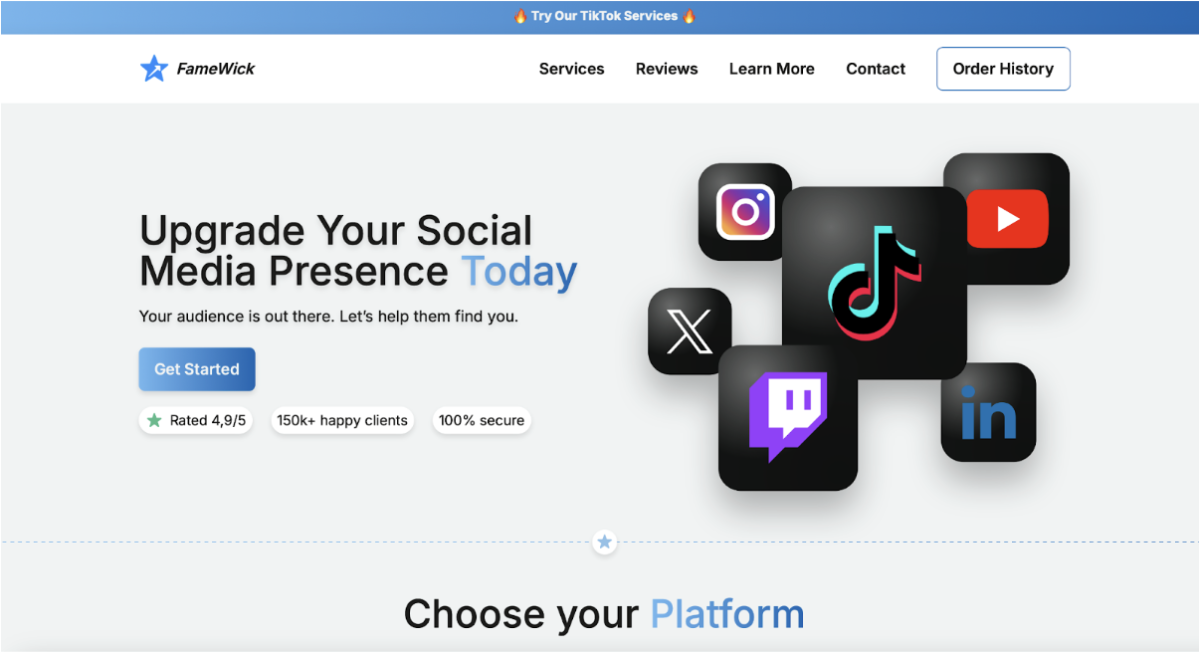As digital technology continues to reshape the landscape of various industries, US colleges and universities are actively adjusting. This shift to digital has significantly transformed educational delivery, campus management and student life as a whole. A transformation of this magnitude affects all aspects of the college experience, presenting both challenges and exciting new opportunities.
Emergence of Esports in College Athletics
The arena of college sports is witnessing an exciting change with the emergence of esports. Video gaming, once a leisure activity confined to dorms, has found a place in collegiate sports, creating new opportunities for student athletes and expanding the audience for college athletic programs. This move highlights a larger trend of incorporating digital elements into traditional areas, marking a significant change in the appreciation and support of extracurricular activities on campuses and a new world of online eSport betting. With the digital age moving so fast and casino platforms popping up everywhere promising hours of enjoyment, it’s important that interested parties get all the information for casino players that they can.
The rise of collegiate eSports has also paved the way for new academic programs and scholarships. Many universities now offer degrees in game design, eSports management and related fields, preparing students for careers in this rapidly growing industry. Additionally, eSports scholarships provide talented gamers with opportunities to pursue their passion while receiving a quality education, further legitimizing eSports as a viable path for student-athletes. However, mental health and healthcare in general can’t be forgotten here either.
Revolutionizing Financial Aid with Digital Solutions
Technology has also revolutionized the approach to financial aid, a crucial part of the college experience for many. The application process for loans, scholarships and grants is now simplified thanks to fintech advancements, making financial services more reachable and providing innovative tools for managing education expenses. Collaborations between universities and tech companies are introducing specialized platforms that allow students to navigate through financial aid options more effectively, positioning them to make better choices regarding their educational finances.
Digital technology has also enabled universities to offer more personalized financial aid services. Through the use of AI and machine learning, institutions can analyze student data to identify those who may need additional support, such as first-generation college students or those from low-income backgrounds. By proactively reaching out to these students and offering targeted resources, colleges can help ensure that financial barriers do not prevent talented individuals from pursuing higher education.
Get The Daily Illini in your inbox!
Adjustments and Growth in Online Learning
Online learning’s growth represents a significant evolution within the US higher education landscape. Recent global developments have necessitated the swift adoption of virtual classrooms, erasing geographical boundaries and providing adaptable education solutions. Despite facing issues related to education quality, student involvement, and digital access, universities are continuously improving their online curriculum and technology integration, aiming to democratize and expand access to higher education.
To address the challenges associated with online learning, many colleges are investing in faculty training and support programs. These initiatives help educators adapt their teaching methods to the virtual environment, ensuring that online courses maintain the same level of rigor and engagement as their in-person counterparts. Additionally, universities are exploring innovative technologies, such as virtual and augmented reality, to create immersive learning experiences that bridge the gap between online and traditional classroom settings.
Enhancing Campus Safety through Technology
Ensuring student safety is a top priority, and in the age of digital technology, colleges in the US are employing various technological tools to protect their communities. Implemented measures range from sophisticated surveillance systems to emergency notification apps, aiming to maintain a secure environment for students. Additionally, efforts in cybersecurity are intensified to protect sensitive data from increasing cyber threats, although the balance between security and privacy rights remains a topic for ongoing discussions.
In addition to physical safety measures, colleges are also focusing on digital safety and well-being. With the increasing prevalence of social media and online learning platforms, universities are implementing programs to educate students about online privacy, digital citizenship and the potential risks associated with technology use. By promoting responsible digital habits and providing resources for mental health support, colleges aim to foster a safe and healthy online environment for their students.
Connecting with the Community through University Initiatives
Recognizing their role within local communities, many colleges are launching initiatives to strengthen these connections. From volunteering projects to collaborations with local enterprises, these endeavors seek to engage with the broader public through digital means, thus expanding their reach and impact. Such community involvement not only enhances the collegiate experience, but also benefits the social and economic health of the region, fostering a sense of unity and collaborative growth.
In navigating the digital revolution, US colleges are reshaping the higher education sector in significant ways. Despite the challenges posed, embracing technological advancements offers a myriad of opportunities for innovation. By adapting to these changes, colleges are not just enriching the educational journey; they’re also preparing students for the future. Thus, they lay the foundation for a collegiate experience that meets the demands and possibilities of the 21st century.
Digital technology has also enabled colleges to expand their community outreach efforts. Through online platforms, universities can share educational resources, host virtual events and engage with community members who may not have had access to such opportunities in the past. These digital initiatives help break down barriers between academia and the public, fostering a sense of inclusivity and demonstrating the value of higher education in addressing societal challenges.





